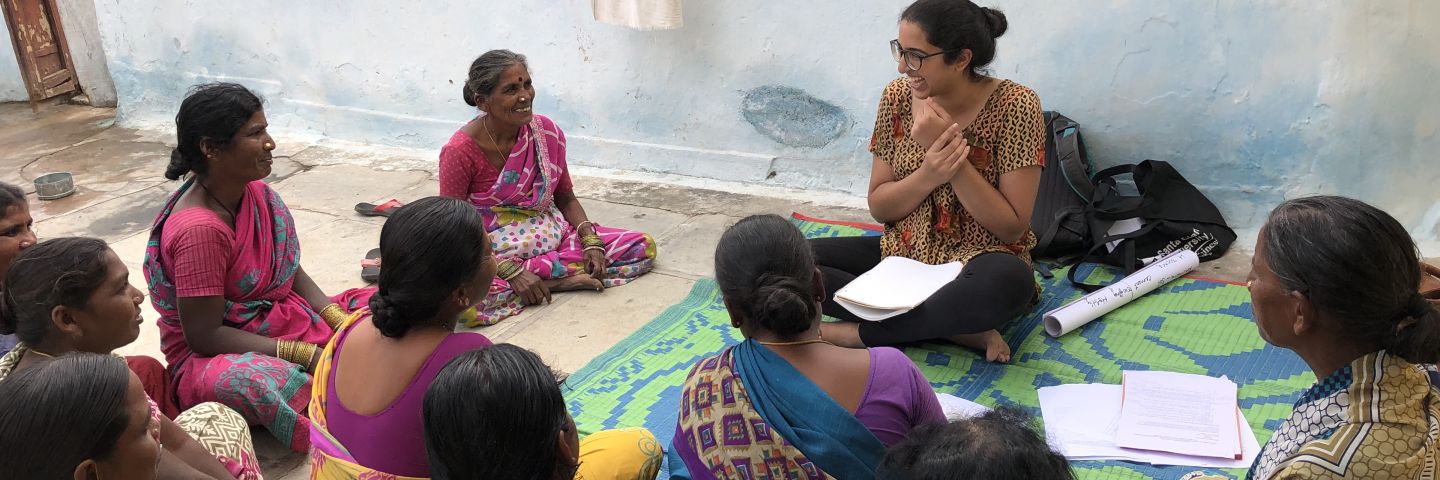Anthropology Colloquium: Julia Haines

October 1, 2021
3:00 pm
McGraw Hall, 165
Plantation Archaeology and South Asian Indenture in Mauritius
In this talk I present the archaeology of a sugar estate on Mauritius, an island in the southwest Indian Ocean, as a new case study of plantation archaeology. More broadly, this work defines global labor systems and shifting environmental relationships as intertwined colonial legacies.
Though well established in the Atlantic, historical archaeology is still a growing field in East Africa and the Indian Ocean, a region known for long-lasting trade and exchange networks. While Mauritius had no human inhabitants prior to the 1600s, over time the island was settled by traders and formerly enslaved people from Africa, indentured South and East Asians, and colonizers from Britain, France, and the Netherlands. My research at the Bras d’Eau archaeological site, a nineteenth-century sugar plantation, is a geographical expansion of plantation archaeology and a rare look at the archaeology of South Asian indentured laborers who replaced enslaved workers on sugar estates after abolition (post-1838). The domestic landscape and house assemblages are a window into the daily lives of indentured immigrants and the ways in which they related to local environments and climates. Lastly, I will discuss the enduring legacy of colonialism and coercive labor migrations on the island, and the significance of Bras d’Eau as an ecological and cultural heritage site for Mauritians today.
Julia Jong Haines, Ph.D. is a Visiting Scholar at the Center for Comparative Archaeology in the Department of Anthropology at the University of Pittsburgh.
Additional Information
Program
South Asia Program

